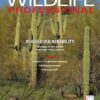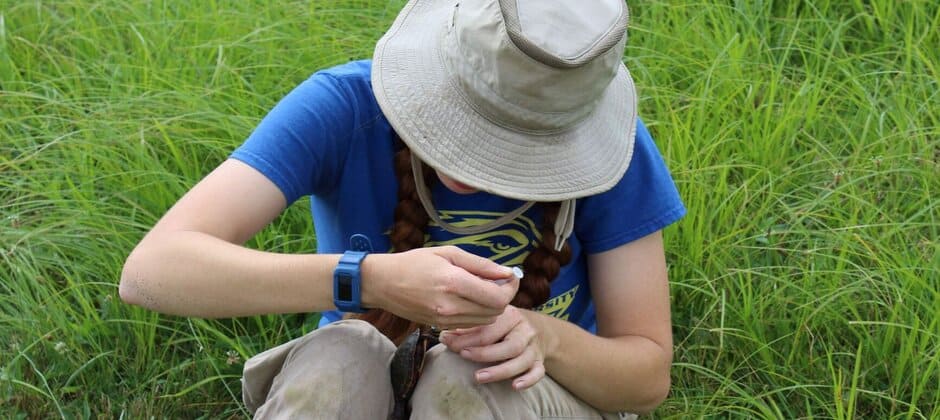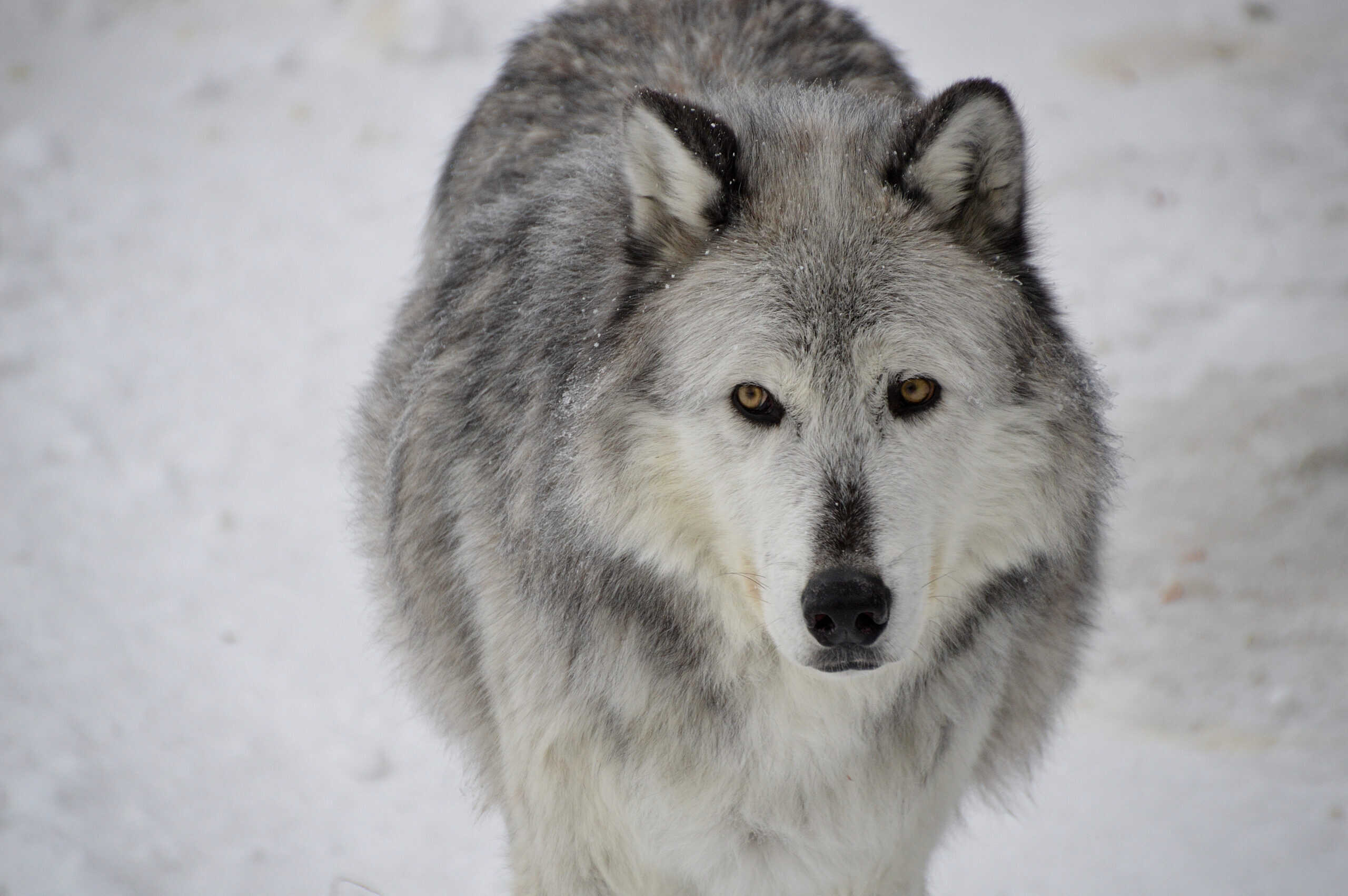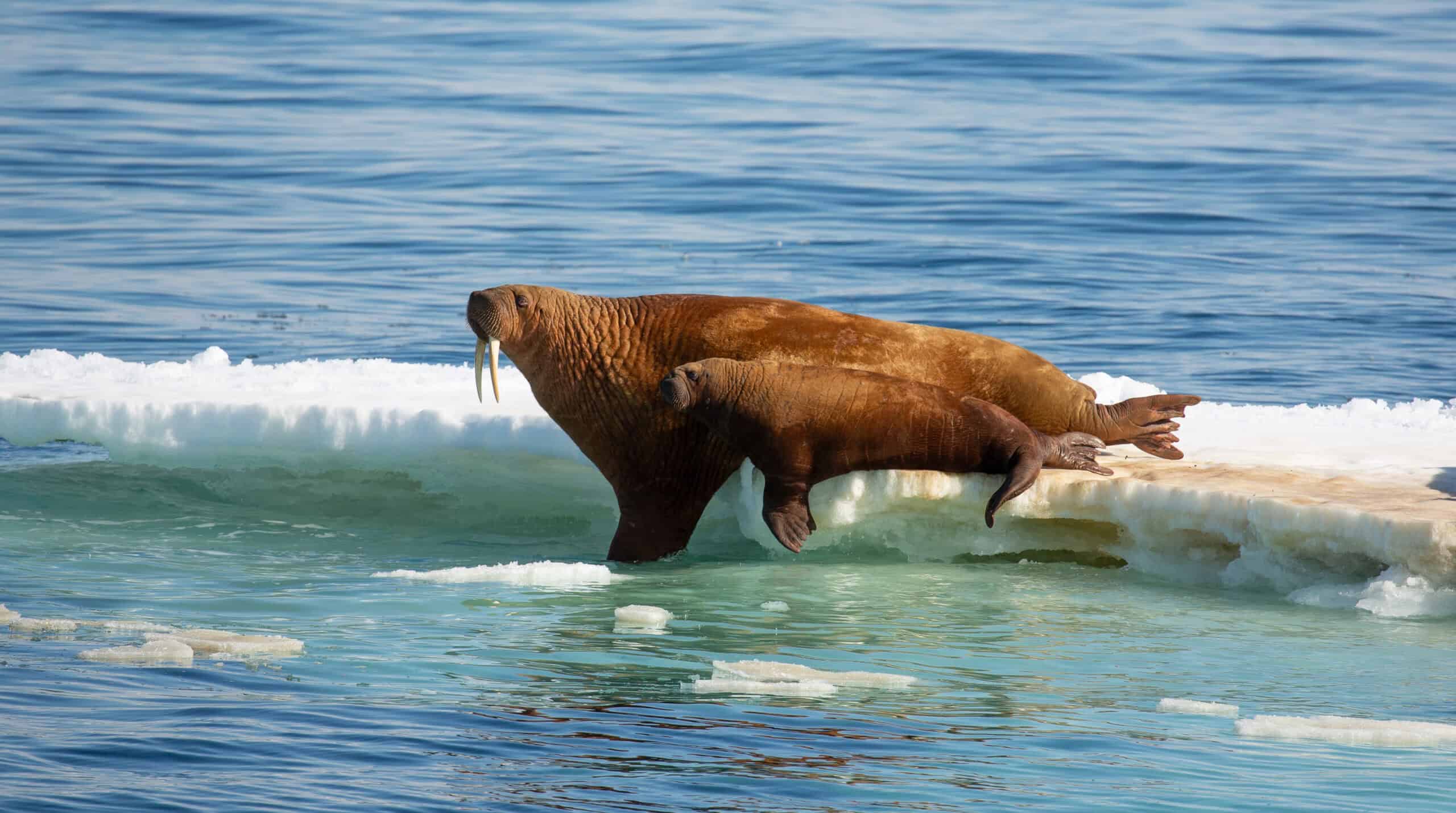Share this article
Wildlife Vocalizations: Darien Lozon
Wildlife Vocalizations is a collection of short personal perspectives from people in the field of wildlife sciences.
After finishing undergrad, I loaded my car and drove 10 hours to Pawhuska, Oklahoma, known as the “Gateway to the Tallgrass Prairie.” My home away from home for five months was a house with a red roof surrounded by bison fields in the Tallgrass Prairie Preserve. Those five months were some of the most challenging. I was far from home working my first job (unless you count lab assisting), and I was the youngest technician on the team. But that time was also the most rewarding.
I do not regret any decisions I made to get to where I am today, but if I could do anything differently, I would not have limited myself by waiting until after graduation to look for technician positions away from home. If I could tell college freshmen anything, I would tell them there are so many different job opportunities for them to take advantage of before graduation that are posted on sites such as Texas A&M and Conservation Job Board. Looking at local university or society job boards can be helpful as well.
Whether or not a student knows what topics they are interested in pursuing for a summer technician job or a master’s degree, I encourage them to learn a little bit of everything because nobody knows where they might land professionally. My background before attending graduate school involved surveying grassland birds and teaching barrier island ecology to fifth graders, and a mistake I made when I first started looking for programs was narrow-mindedly looking only at bird projects because that was where my experience was. What I failed to realize, however, was my experiences could be applied to different types of projects (with my Tallgrass Prairie grassland bird experience, I accepted a position in West Virginia studying turtle movement and ecotoxicology).
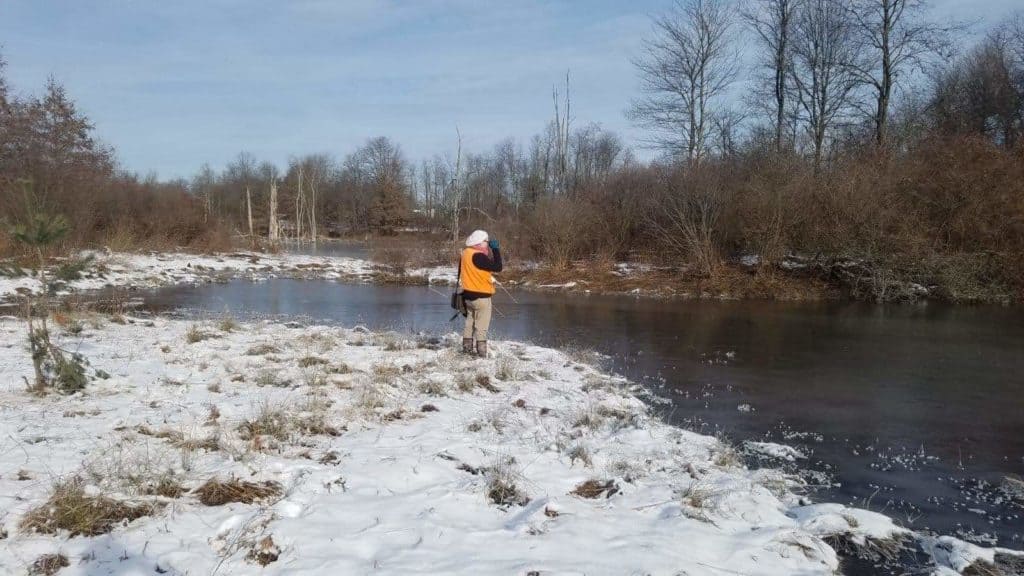
Lozon tracks a male snapping turtle (Chelydra serpentina) in a wildlife management area in north-central West Virginia using VHF radio telemetry as part of a study investigating the effects of land use practices on wetland connectivity. Credit: Jon Becker
Once students identify their interests, I would tell them to hit the lit. Using subjects of interest to search on engines such as Google Scholar, Web of Science and University Libraries can identify big contributors to literature and the institutions in which they are associated. These searches can assist students in determining which schools and labs to apply to for graduate school if that is the direction they want to take.
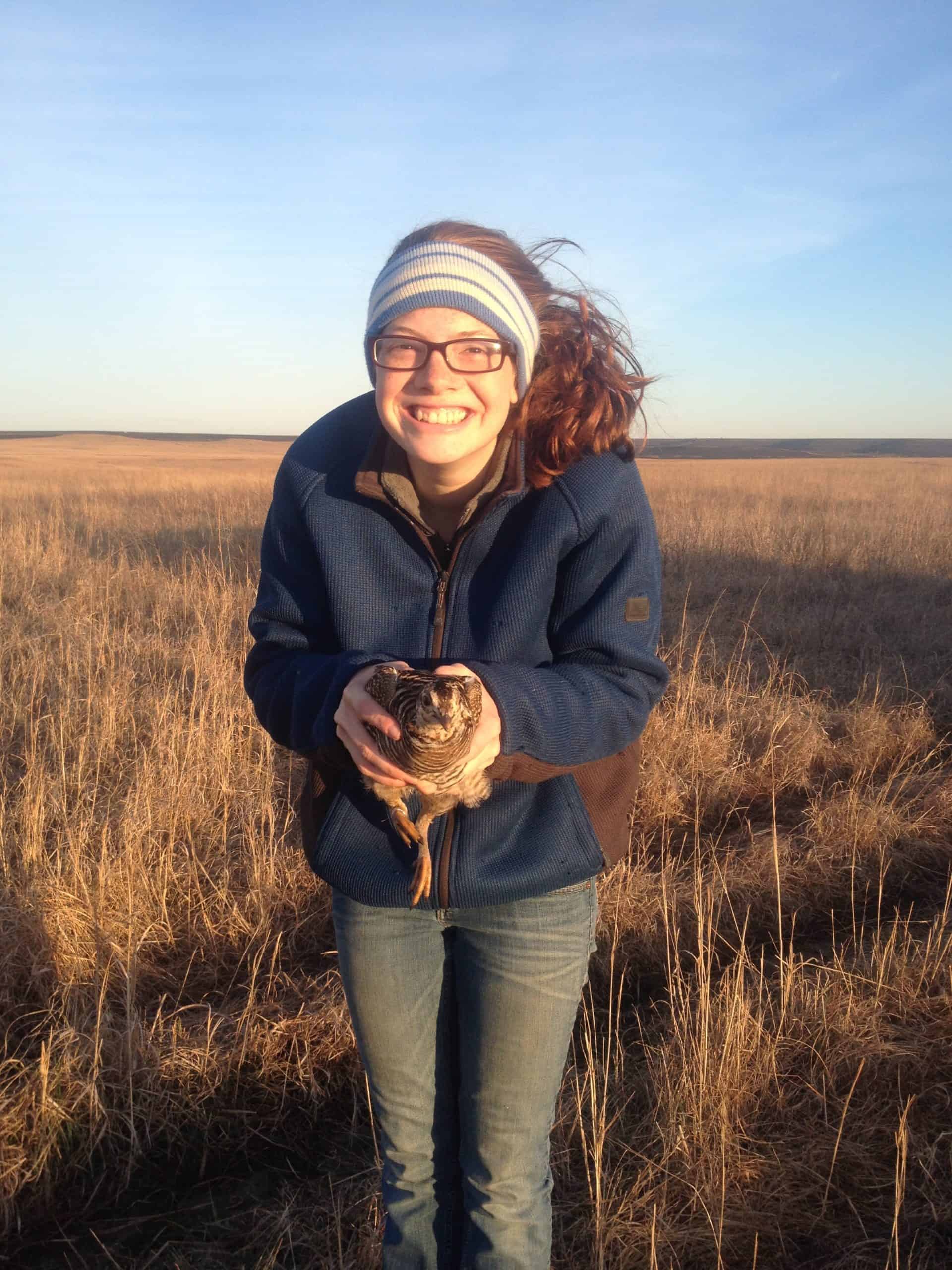
Lozon studied how greater prairie-chickens (Tympanuchus cupido) hens utilized fields of different ages post-burn to determine proper management plans. Credit: Lacey Clarke
I emphatically remind students not to be discouraged about being told “no” by potential employers. I had been looking at graduate school since my sophomore year of undergrad in 2014. Before I found my master’s position four years later, I worked two tech jobs, taught environmental education for a year, and had 45 dead-end contacts with potential advisors. Students need to remember that professors have plenty of responsibility, and our emails have the potential to fall through the cracks. We also need to remember that funding is a big component when it comes to whether professors can accept students into their labs. Out of my 45 contacts, 12 were no responses and four were rejects due to lack of funding. It happens, and we cannot let it discourage us from pursuing our professional goals.
Learn more about Wildlife Vocalizations, and read other contributions.
Submit your story for Wildlife Vocalizations or nominate your peers and colleagues to encourage them to share their story.
For questions, please contact Jamila Blake.
Header Image: Lozon draws blood from the dorsal caudal vein of turtles as a non-destructive method to analyze heavy metal bioaccumulation. This was part of a study investigating the effects of land use practices on bioaccumulation of cadmium, chromium, lead, mercury, selenium and zinc in painted turtles (Chrysemys picta) and snapping turtles (Chelydra serpentina) in north-central West Virginia. Credit: Megan Tenney

